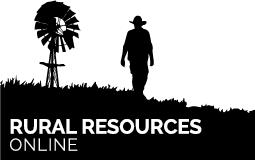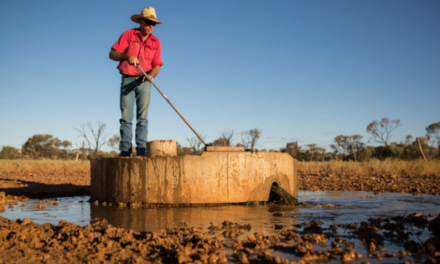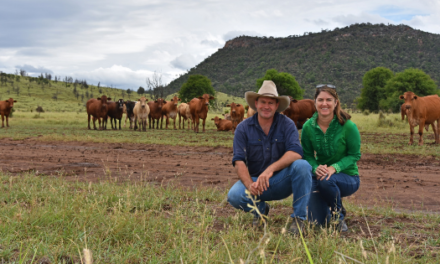You know a good succession plan is more than a financial business plan or an estate plan but what makes the good ones work and why do so few families really get it right?
Succession is the process of transitioning the assets of the farm and its owners to the next generation.
Or is it?
This is the end process but too many families focus on who will get what and miss the fact that so much pain is created because discussions and decisions get put in the “too hard basket”.
Imagine this scenario – everyone still gets on at the end of the asset distribution process. Yes, a harmonious family.
For the generation retiring succession planning has more to do with the stewardship of the family legacy than anything else.
For the generation that is benefiting from the inheritance, succession planning impacts their financial future.
But there is another factor that must be acknowledged.
For many there is the perception their value within the family is reflected by what they get. When money and emotions mix there is no clear cut set of guidelines to follow. But is it important to make sure the people are OK.
Family relationships vs business viability
When a child is small and they face a challenge or moments of uncertainty in their life then they turn to their parents for guidance, protection and reassurance that they are loved.
Parents who can recognise that these needs are still felt by their adult children are in a much better frame of mind to begin the succession planning process.
From a young age children associate their level of self worth with their relationship with their parents, and therefore, how much they feel loved by their parents.
For older generations who do not verbalise such things very well it is important to make sure that succession planning is approached as a positive transition period for the family. But you must also recognise it must be balanced with the business needs of the rural enterprise if the asset is to grow and survive for future generations.
Click to read why proactive rural succession planning makes financial sense.
The importance of teamwork
If an individual family member is feeling frustrated, unhappy and disengaged from the future planning process it is unlikely that they will be committed to helping achieve the shorter term goals and targets of the business.
For a group to work together collaboratively they must work as a team towards the end goals. Teams with members who do not feel valued suffer from a lack of cohesion and commitment to meeting the business goals.
Families with relationship problems cannot expect to be maximising profitability, especially those where the relationships have the potential to destroy all signs of ambition in the younger generations working on the property.
Succession planning strategies for farmers based on achievable outcomes and mutual respect are the most successful.
Communication is the key
Honest and open communication is the key to achieving a fair succession planning outcome for the family.
Often the biggest hurdle in the process is actually getting the discussions started and when siblings don’t get on there is an even bigger challenge. It is fundamental to have good relationships within a business if it is to prosper and grow.
In a family farming business there are usually many different relationships. It seems that for families where the relationships are not harmonious then business failure is likely to follow.
Business systems need to be established
So what do the smart farmers do?
There is a good argument for adopting formalised strategies and rules when negotiating succession planning outcomes and incorporating these rules as part of the overall management approach of the business.
A family must have a consensus on the strategies that the business will adopt in order to be able to grow and move the business forward. Without this you do not have the same level of commitment or individual drive to complete a task, let alone work consistently to achieve a business target.
Outcomes must be documented
Farming families may talk often but that does not mean that everyone knows what is going on and who is responsible for getting a job done to completion.
By holding regular meetings with established rules and outcomes that are documented everyone can be kept in the loop. The meetings don’t have to be long and the documentation can be as simple. Download the template in the members section to assist you.
If the simple systems work and the effective communication processes are established it is much easier to step up to the next level of writing meaningful and workable business plans, documenting roles and responsibilities, and holding management meetings for the business.
Workable systems create boundaries. Because at the end of the day farming is a business and the end goal is to be viable, keep people content, and build a legacy.
Leadership is rewarded
Great progress is possible when the older generation feel ready to commit to proactive succession planning.
For some Australian farmers the fear of what may happen or go wrong when they transfer control prevents progress. For those farmers who lead and sort out succession planning they are able to create opportunities for both the business and the family relationships.





